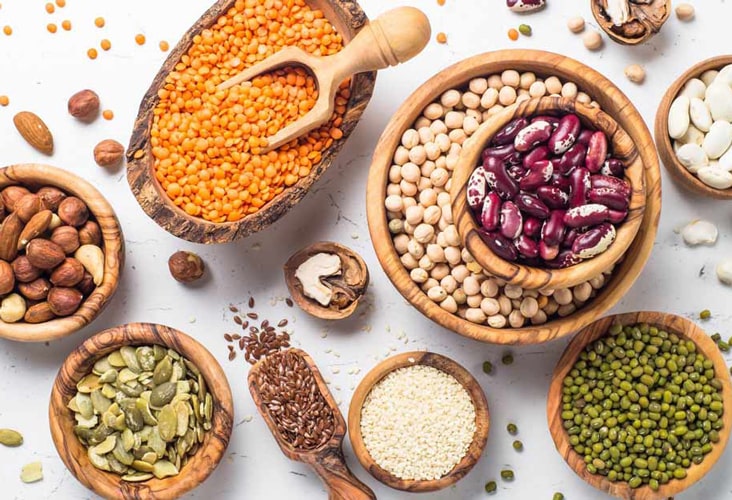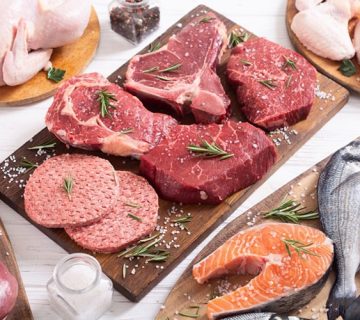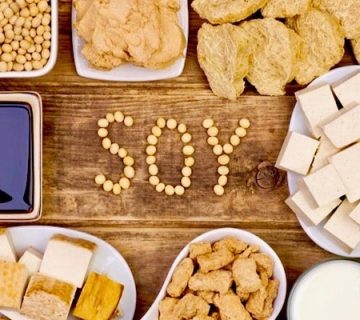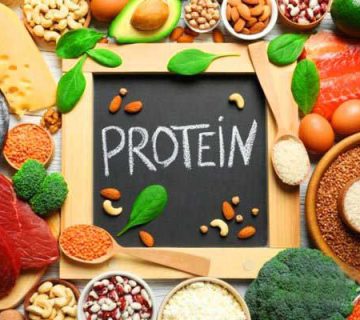What are the nutritional advantage of meat protein?
The advantages of meat protein include providing some nutrients that may be lacking in texture vegetable protein and other plant-based foods. Some minerals are also better absorbed from animal protein than texture vegetable protein.
Vitamin B12
Your body needs vitamin B12 to keep your nerves and blood cells healthy. In addition, it is needed to produce DNA (the genetic material in cells). The National Institutes of Health (NIH) recommends an average daily intake of 2.4 micrograms of vitamin B12 for adults and more for pregnant and breastfeeding women. Lack and deficiency of Vitamin B12 can cause fatigue, weight loss, nerve problems, depression and poor memory.
Vitamin B12 is readily available in meat and meat products. However, it is lacking in texture vegetable protein and other plant foods. Many people who eat texture vegetable protein are more likely to be deficient in B12. A study published in the European Journal of Clinical Nutrition in 2014 found that up to 86.5% of adults are deficient in vitamin B12, which is more common in vegetarians.

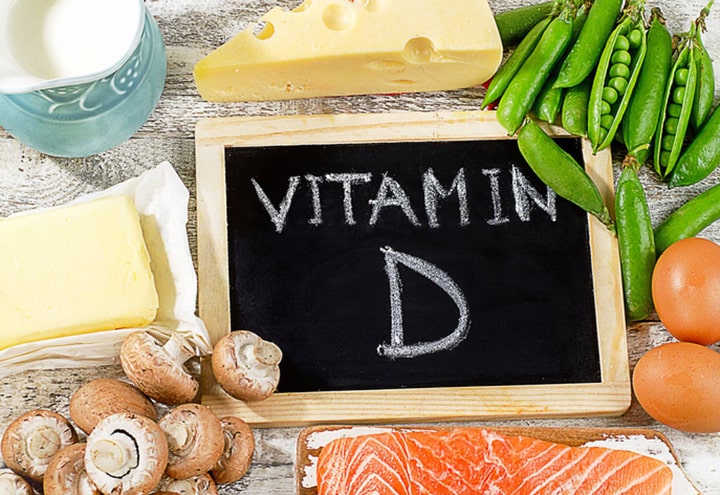
Vitamin D
Vitamin D is a fat-soluble vitamin found in some animal proteins and is essential for calcium absorption and bone formation and maintenance. Without vitamin D, your bones become brittle and your immune system is compromised. You can get Vitamin D from sunshine, while texture vegetable protein products do not contain vitamin D.
Iron
Iron is very important for hemoglobin production in the body. Two forms of iron have been identified: heme iron and nonheme. Plants contain only non-heme iron, while meat protein, mainly red meat, contains both heme and nonheme iron. According to the NIH, iron (heme) is easily absorbed in meat compared to iron in texture vegetable protein. Depending on age and gender, the recommended amount of iron is between 8 and 18 mg.
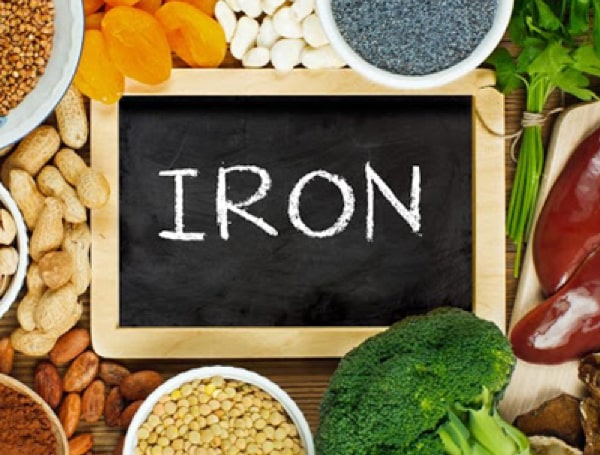
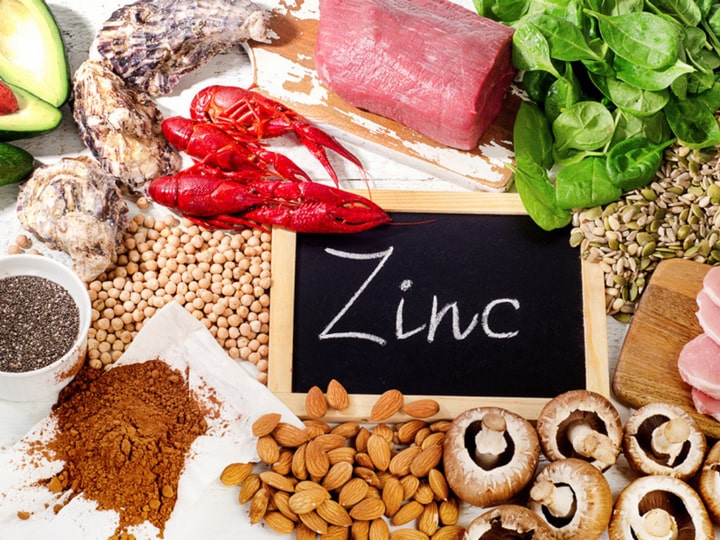
Zinc
Zinc has an important role in many aspects of cellular metabolism in your body, including protein synthesis, wound healing and cell division. It is recommended to take 11 mg for adult males and 8 mg for females daily. Zinc is found primarily in animal protein sources. According to a report in the American University Journal of Health, although texture vegetable protein contains some zinc, the zinc in plant-based protein is not easily absorbed and used by the body.



